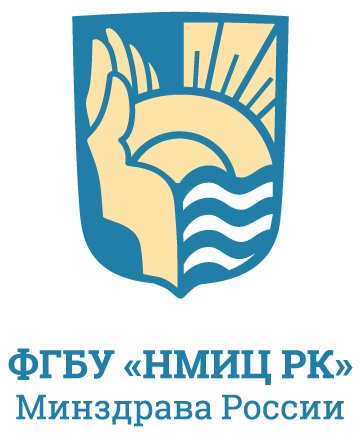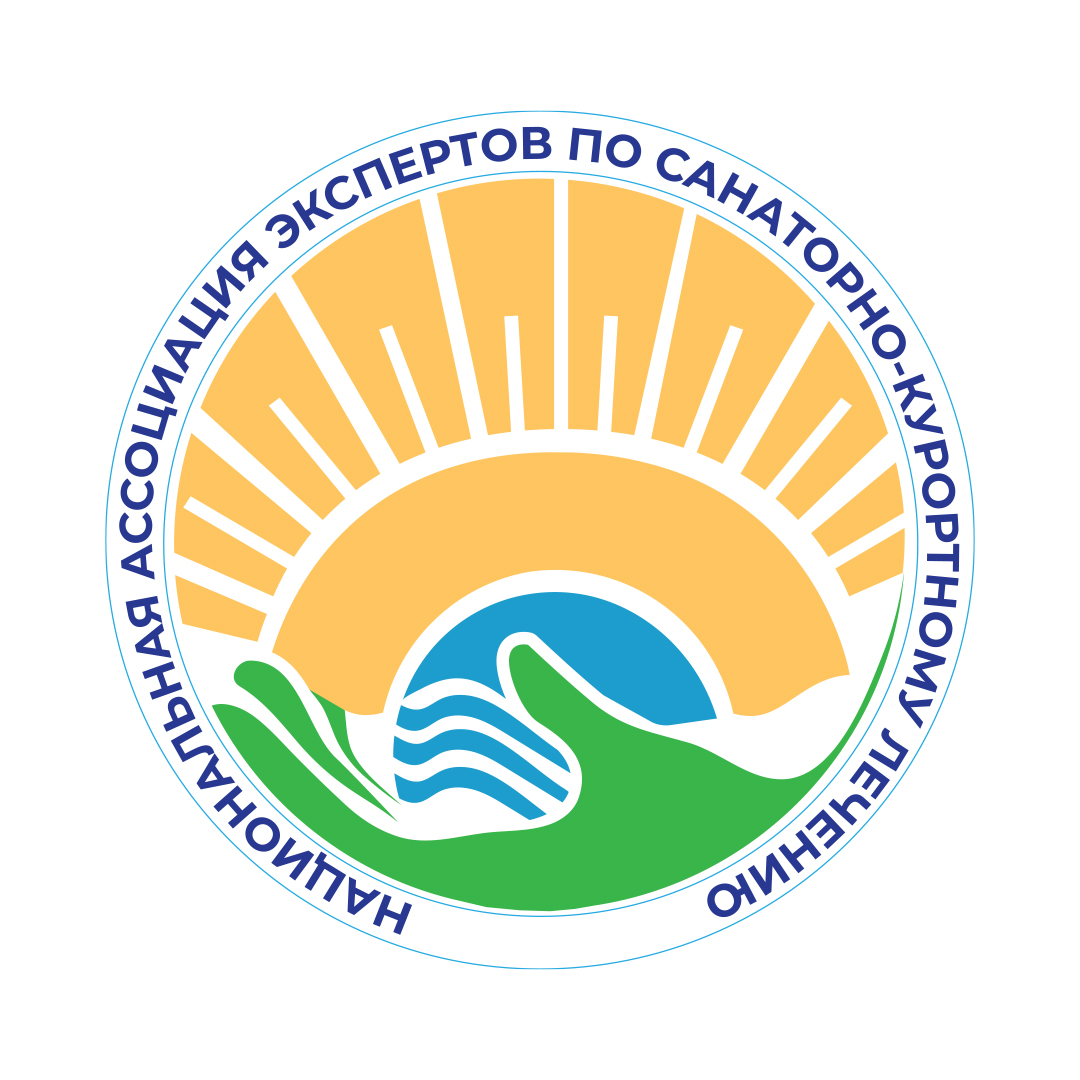Issue 6-20, 2021
Original article
Post COVID-19 Encephalopathy Treatment
1 ![]() Jinna I. Lebedeva, 1
Jinna I. Lebedeva, 1 ![]() Tatyana I. Kutergina, 1
Tatyana I. Kutergina, 1 ![]() Elena F. Turovinina, 1
Elena F. Turovinina, 1 ![]() Irina V. Elfimova, 2
Irina V. Elfimova, 2 ![]() Alexandra S. Orlova
Alexandra S. Orlova
1 Tyumen State Medical University, Tyumen, Russian Federation
2 Sechenov First Moscow State Medical University, Moscow, Russian Federation
ABSTRACT
AIM. To evaluate the severity of encephalopathy and the efficacy of the second stage of rehabilitation in patients with post-infectious encephalopathy.
MATERIAL AND METHODS. The study included 92 patients with post-infectious encephalopathy, who underwent the second stage of rehabilitation after СOVID-19 infection. All patients were divided into 2 groups: those, who were referred to rehabilitation after the end of the treatment (n=54) and those, who refused to undergo rehabilitation (n=38). In all cases the severity of coronavirus infection, percentage of pulmonary involvement (based on chest CT-findings) and the presence of comorbid pathology were assessed. The severity of the prevailing syndromes was assessed using the International Classification of Functioning, Disability and Health (ICF). Patient status dynamics was assessed using Rehabilitation routing scale (RRS), Rivermead, Holden and Hauser scales.
RESULTS AND DISCUSSION. Post-infectious encephalopathy was mainly accompanied by vestibular ataxia syndrome in 51 (55.4%) patients (in 51.9% and 60.5% patients in groups 1 and 2, respectively) and cerebro-asthenic syndrome in 73 (79.3%) patients (in 72.2% and 89.5% patients in groups 1 and 2, respectively). Comprehensive rehabilitation process is characterized by staging aimed at compensating for all components of pathogenesis that affected during the period of severe course of COVID-19 infection. Rehabilitation was an effective measure for the compensation of neurologic complications of COVID-19 infection. After 2 weeks, cerebro-asthenic syndrome was observed in 24.1% patients in group 1 and 71.0% in group 2 (p <0.05), vestibular ataxia syndrome – in 18.5% and 28.9% (p<0.05) of patients in groups 1 and 2, respectively. The current pandemic is highly likely to be accompanied by a significant increase in the prevalence of encephalopathy affecting the ability to return to daily functioning.
CONCLUSION. The main manifestations of post-covid encephalopathy are cerebro-asthenic (79.3%) and vestibular ataxia (55.4%) syndromes. Therapeutic and rehabilitation measures carried out at the 2nd stage of rehabilitation is an effective measure to compensate for the severity of post-covid encephalopathy.
KEYWORDS: coronavirus infection СOVID-19, encephalopathy, International Classification of Functioning, Disability and Health
FUNDING: The study had no sponsorship
CONFLICT OF INTEREST: The authors declare no apparent or potential conflicts of interest related to the publication of this article.
FOR CITATION: Lebedeva D.I., Kutergina T.I., Turovinina E.F., Elfimova I.V., Orlova A.S. Post COVID-19 Encephalopathy Treatment. Bulletin of Rehabilitation Medicine. 2021; 20 (6): 40-47. https://doi.org/10.38025/2078-1962-2021-20-6-40-47
FOR CORRESPONDENCE:
Elena F. Turovinina, e-mail: e_turov@mail.ru
References:
- Zayet S., Ben Abdallah Y., Royer P.Y. et al. Encephalopathy in patients with COVID-19: “Causality or coincidence?”. Journal of Medical Virology. 2021; 93(2): 1193 p. https://doi.org/10.1002/jmv.26027
- Ellul M.A., Benjamin L., Singh B. et al. Neurological associations of COVID-19. The Lancet. Neurology. 2020; 19(9): 767-783. https://doi.org/10.1016/S1474-4422(20)30221-0
- Voznyuk I.A., Ilyina O.M., Kolomentsev S.V. Ishemicheskij insul’t kak klinicheskaja forma i patogeneticheskaja model’ v strukture porazhenija central’noj nervnoj sistemy pri COVID-19 [Ischemic stroke as a clinical form and pathogenetic model in the structure of сentral nervous system lesions in CO- VID-19]. Bulletin of Rehabilitation Medicine. 2020; 4(98): 90-98. https://doi.org/10.38025/2078-1962-2020-98-4-90-98 (In Russ.).
- Desforges M., Le Coupanec A., Dubeau P. et al. Human coronaviruses and other respiratory viruses: underestimated opportunistic pathogens of the central nervous system? Viruses. 2019; (12): 14 p. https://doi.org/10.3390/v12010014
- Ritchie K., Chan D., Watermeyer T. The cognitive consequences of the COVID-19 epidemic: collateral damage? Brain Communications. 2020; 2(2): fcaa069. https://doi.org/10.1093/braincomms/fcaa069
- Remsik J., Wilcox J.A., Babady N.E. et al. Inflammatory leptomeningeal cytokines mediate delayed COVID-19 encephalopathy. Preprint. medRxiv. 2020. https://doi.org/10.1101/2020.09.15.20195511
- Hu B., Huang S., Yin L. The cytokine storm and COVID-19. Journal of Medical Virology. 2021; 93: 250-256. https://doi.org/10.1002/jmv.26232
- Katneni U.K., Alexaki A., Hunt R.C. et al. Coagulopathy and Thrombosis as a Result of Severe COVID-19 Infection: A Microvascular Focus. Thrombosis and Haemostasis. 2020; 120(12): 1668-1679. https://doi.org/10.1055/s-0040-1715841
- Ottestad W., Seim M., Mæhlen J.O. COVID-19 with silent hypoxemia. Tidsskrift for Den norske legeforening. 2020; 140(7). https://doi.org/10.4045/tidsskr.20.0299
- Fesyun A.D., Lobanov A.A., Rachin A.P. Vyzovy i podhody k medicinskoj reabilitacii pacientov, perenesshih oslozhnenija COVID-19 [Challeng- es and approaches to medical rehabilitation of patients with COVID-19 complications]. Bulletin of Rehabilitation Medicine. 2020; 3(97): 3-13. https://doi.org/10.38025/2078-1962-2020-97-3-3-13 (In Russ.).
- Garg P., Arora U., Kumar A., Wig N. The “post-COVID” syndrome: How deep is the damage? Journal of Medical Virology. 2021; 93(2): 673-674. https://doi.org/10.1002/jmv.26465
- Chernyakhovskij O.B., Kochoubey V.V., Lastovetsky A.G., Salamadina G.E. Osvedomlennost’ specialistov v oblasti organizacii zdravoohranenija o mezh- dunarodnoj klassifikacii funkcionirovanija, ogranichenija zhiznedejatel’nosti i zdorov’ja (MKF) [Awareness of health care organisation specialists on the international classification of functioning, disability and health (ICF)]. Bulletin of Rehabilitation Medicine. 2020; 1(95): 5-8 (In Russ.).
- Aizenshtein A.D., Volovik D.D., Abdurakhmanov R.A. Osobennosti okazanija psihologicheskoj pomoshhi rodstvennikam pacientov v uslovijah infek- cionnogo stacionara pri rabote s COVID-19 [Features of providing psychological assistance to relatives of patients in an infectious hospital when work- ing with COVID-19]. Bulletin of Rehabilitation Medicine. 2020; 6(100): 4-13. https://doi.org/10.38025/2078-1962-2020-100-6-4-13 (In Russ.).
- Konyaeva V.V. Jencefalopatija, associirovannaja s COVID-19: opyt klinicheskih nabljudenij v prakticheskoj rabote nevrologa [Encepha- lopathy associated with COVID-19: experience of clinical observations in practical work of neurologist]. Lechebnoe delo. 2020; (3): 43-46. https://doi.org/10.24412/2071-5315-2020-12255 (In Russ.).

The content is available under the Creative Commons Attribution 4.0 License.
©
This is an open article under the CC BY 4.0 license. Published by the National Medical Research Center for Rehabilitation and Balneology.




